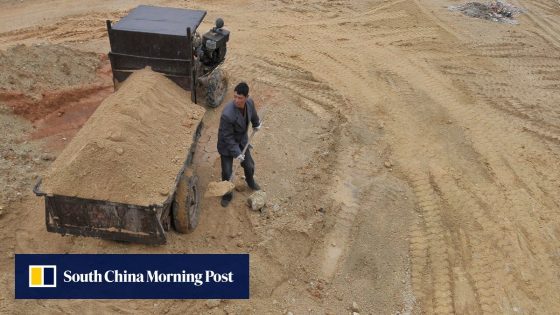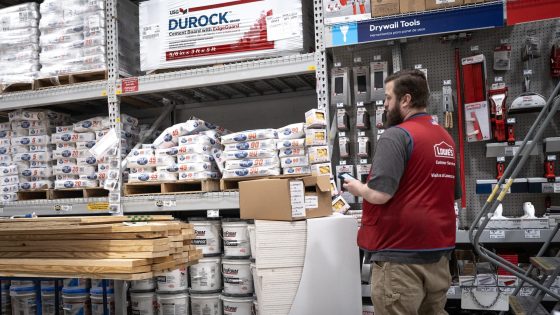Beijing’s recent measures, announced on April 4, have sparked significant global concern as they are perceived as retaliation against US President Donald Trump’s “reciprocal tariffs.” European industries are now warning that they are caught in the crossfire of escalating trade tensions.
- Beijing's measures seen as retaliation against Trump
- EU industry caught in US-China trade conflict
- China overwhelmed with export applications
- Limited approvals affecting production for companies
- Seven rare earth elements added to export controls
- Reciprocal tariffs announced by Trump prompt actions
The EU Chamber of Commerce in China has reported that Beijing is overwhelmed with applications for exporting rare earth minerals, essential for high-tech goods. Adam Dunnett, the chamber’s secretary general, noted that thousands of applications are pending, leading to production delays for some companies.
On April 4, China added seven critical rare earth elements to its export control list, just two days after Trump’s tariff announcement. This situation raises questions about the stability of global supply chains and the future of international trade.
This development highlights the fragility of international trade relations. How will companies adapt to these new restrictions? The implications could be far-reaching, affecting technology sectors globally.
- European manufacturers may face production halts due to limited access to essential materials.
- US-China trade tensions could escalate, impacting global markets.
- Other nations may seek alternative suppliers, reshaping the rare earths landscape.
As trade tensions continue to rise, stakeholders must adapt quickly to navigate these challenges. The future of international cooperation in trade may depend on diplomatic efforts to ease restrictions and foster collaboration.

































